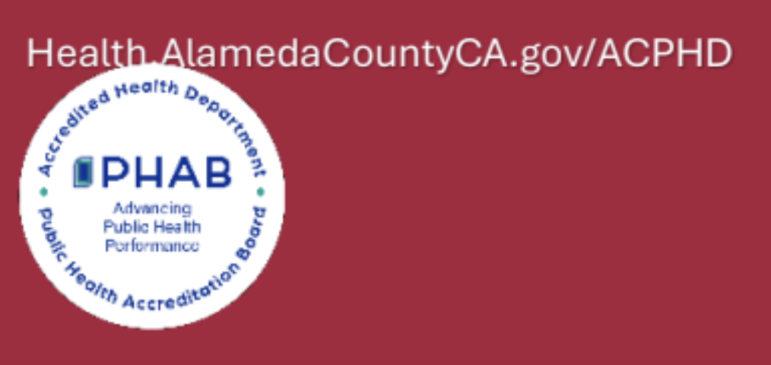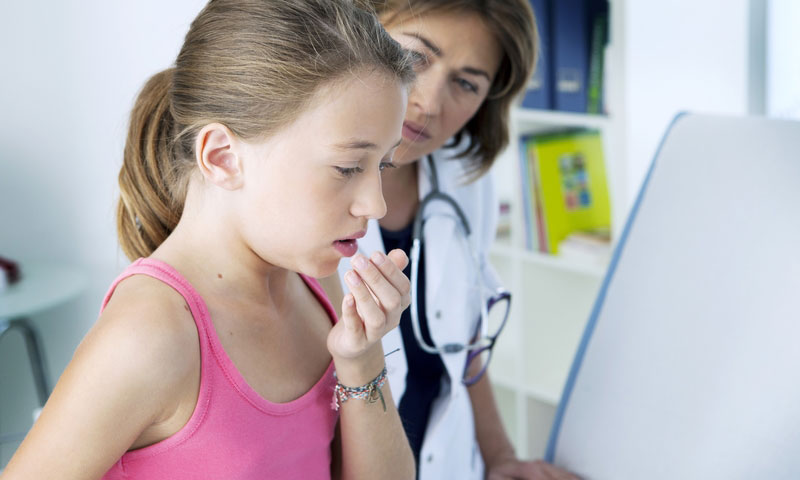The Alameda County Public Health Department via the school district issued a notice to all PHS/MHS families on Tuesday, warning about potential exposure to pertussis (whooping cough). According to the health advisory, multiple cases at Piedmont High School have been reported so far.
According to the CDC, whooping cough cases are on the rise in 2024. There have been more than 16,000 cases this year — more than four times as many compared to the same time last year — and two confirmed deaths. And experts are concerned that the outbreak could worsen in the fall and winter months, according to news reports on the outbreak. (“Worst U.S. whooping cough outbreak in a decade has infected thousands“, NPR, Oct. 11, 2024)
The ACPHD notice provided the following guidance:
Pertussis is circulating in the community and multiple cases of pertussis (Whooping Cough) have been reported in your child’s school. Take your child to see a healthcare provider if he/she develops pertussis symptoms.
Pertussis symptoms
Pertussis usually starts like a cold, with stuffy or runny nose, a mild cough, and a low fever (or no fever). The cough steadily worsens. Coughing fits or spasms can occur when the child coughs so much that they have problems catching their breath, or may vomit or gag. Occasionally when they inhale after a coughing fit, they may make a high- pitched “whooping” sound.How long does it take to develop symptoms?
• Pertussis symptoms can start within 5-21 days (usually 7-10 days) after contact with the ill person.
• Your child may have been exposed up to and including the week of 10/11/24
• The last date your child might come down with pertussis from that exposure is 11/01/2024.How do you get exposed to pertussis?
Pertussis is spread when a person who is sick with pertussis:
• Coughs or sneezes in another person’s face
• While coughing, shares a confined space, like a regular sized room, for more
than one (1) hour with others
• Kisses someone
Who should take antibiotics to prevent pertussis infection after an exposure?
High risk contacts are those people who may get very sick from pertussis or who are in close contact (see above) with people who could become very sick from pertussis. High risk contacts should be vaccinated against pertussis and if they are exposed to it may also need to take antibiotics to prevent getting sick with pertussis and spreading it to other high risk people. High risk contacts include:
• Infants younger than 12 months
• Pregnant women in their 3rd trimester*
• People who work with or are regularly around infants younger than 12 months or women in their 3rd trimester of pregnancy
*Pregnant women should get a booster dose of Tdap in the third trimester of every pregnancy. This helps the unborn baby develop some immunity until they can get their first immunization at 2 months.
If your child has high risk contacts at home:
If there are high risk contacts at home, your child should receive antibiotics to prevent pertussis and protect those who are at highest risk of becoming very sick. Even if your child has no symptoms, it is recommended that they take antibiotics to protect those at high risk of serious illness. Make an appointment with their doctor and bring this letter with you.What to do if your child develops symptoms
Keep your child home from school or daycare or camp.
Take your child to their health care provider for evaluation and bring this letter with you.
Get your child vaccinated for pertussis if they are not up-to-date.
Identify people who live in your household or take care of your children who are considered “high risk” for serious illness (see above) and have them contact ACD at 510-267-3250.What to do if your child does not have symptoms
ACPHD Health Advisory- 10/15/24
• Make sure your child is up to date on pertussis vaccine and if they are not up-to-date take them to get vaccinated.
• Most children do NOT need preventive antibiotics. If your child has a history of severe lung disease or immune system weakness, consult your child’s health care provider about whether preventive antibiotics are needed.
• Watch for pertussis symptoms and follow the instructions above if they occur.

